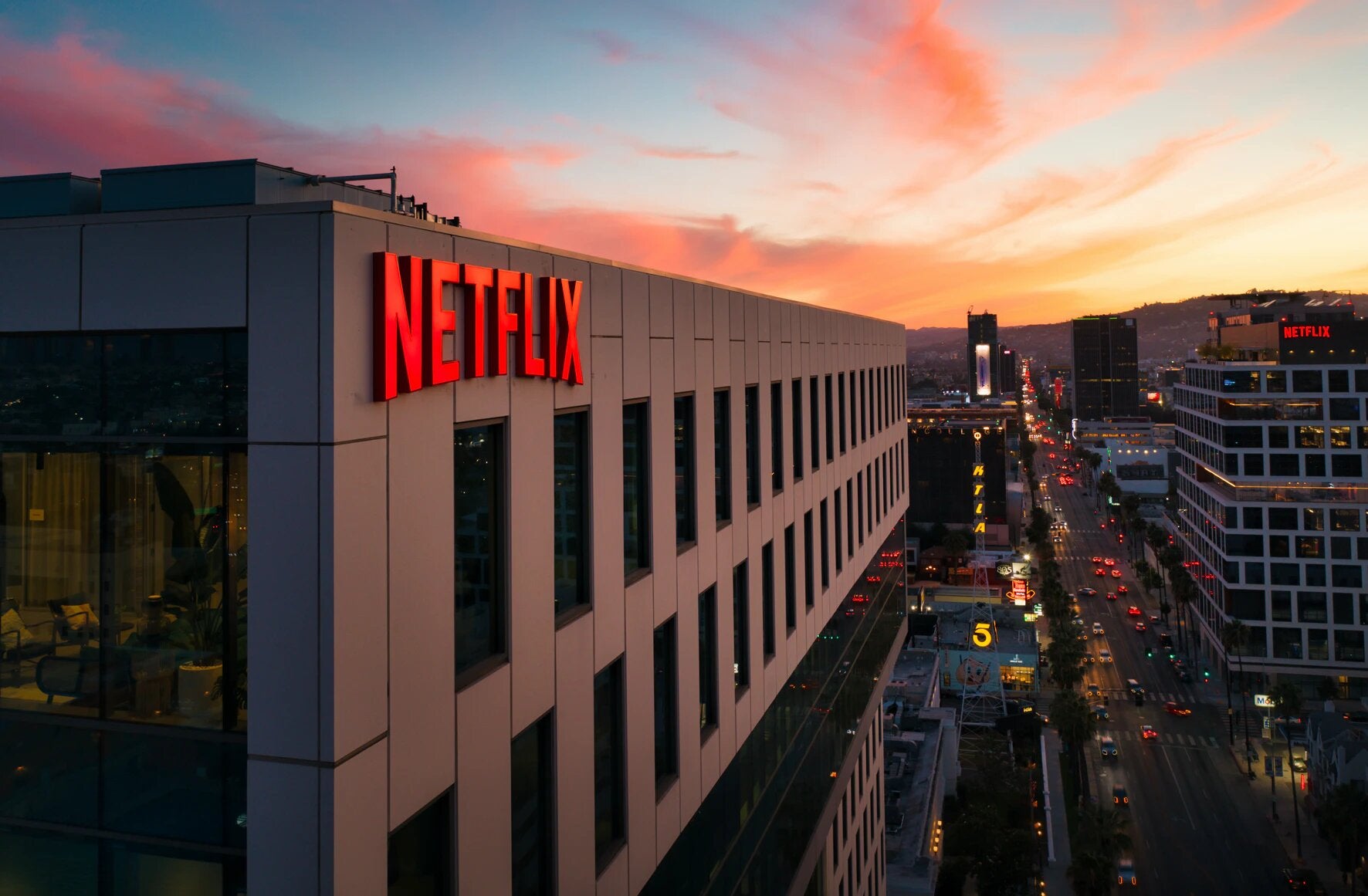
City governments nationwide continue to take action against major streaming services, Netflix, Hulu, and Disney+. Grand Prairie, a town in North Texas, is sueing the three giants for using local public internet infrastructure for streaming without paying what the city alleges is due franchise fees. Dallas, Plano, and Frisco have announced similar lawsuits.
Get Disney+, Hulu, and ESPN+ for just $14.99 a month ($12 savings).
This action is due to a significant change in traditional tax-revenue sources. In the Dallas area, revenue from occupancy taxes paid by hotels has taken a major hit since the pandemic. Plus, franchise fees paid to cities by traditional cable TV providers have been decreasing as more customers are cutting the cord.
While Grand Prairie seeks to collect fees from 2007 as well as orders the companies to pay future fees, the multibillion-dollar company Netflix believes that they and other streaming services shouldn’t be treated like cable and internet access providers; taxes should be passed on to the consumers.
Likewise, Ashdown, a small town in Arkansas, sought class-action status for its lawsuit against Netflix and Hulu. The town claimed that the streaming service’s use of broadband infrastructure in the public right-of-way means that streaming services are required to pay a percentage of their revenue to “all Arkansas municipalities.” The lawsuit claims the two streaming services, “should be and are required by the Arkansas Video Service Act to pay each of those municipalities a franchise fee of 5% of their gross revenue, as derived from their providing video service in that municipality.”
However, this Arkansas lawsuit was thrown out by a federal district court judge in October. The judge commented, “The Court finds the analogy offered by Hulu on point: whether a driver locks the car doors while driving does not affect whether the road taken is a public road.”
Similar lawsuits have been filed in Missouri and Nevada. There was even a suit filed in Creve Couer, Missouri in 2018 that is still pending after a federal judge declined to exercise jurisdiction.
And that’s not all. Texas residents and the City of New Boston asked the streaming services to pay 5% of their local gross revenue as a fee. Attorney Austin Tighe wrote in the complaint, “When a Netflix subscriber wants to view Netflix programming, the subscriber’s Internet service provider will connect the subscriber to the closest Netflix Open Connect server offering the fastest speeds and best video quality…According to Netflix, that means that most of its subscribers receive Netflix’s video programming from servers either inside of or directly connected to the subscriber’s Internet service provider’s network within their local region.” New Boston’s lawsuit was dismissed by a federal judge.
“It’s going to be an uphill battle [for cities],” Covington & Burling partner Mitch Kamin remarked. “The law just wasn’t structured with streaming in mind.” Nevada, Ohio, Tennessee, Indiana, Georgia, Louisiana, Kansas, New Jersey, and other states are taking action as well… If this becomes successful, the question becomes: will other states and cities follow their lead?